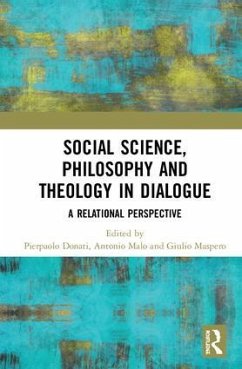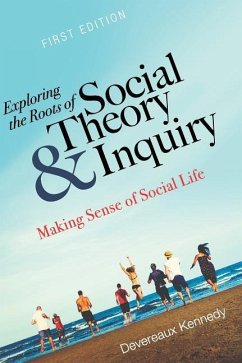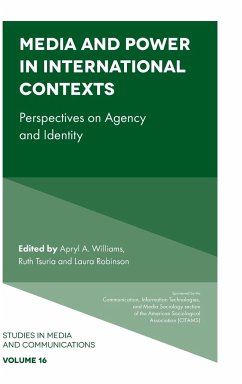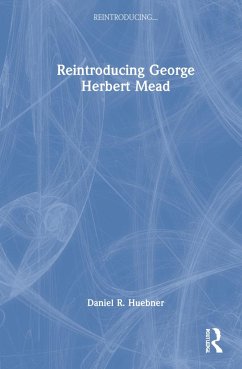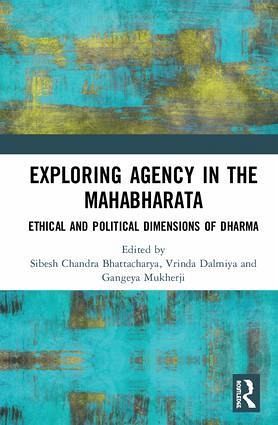
Exploring Agency in the Mahabharata
Ethical and Political Dimensions of Dharma
Herausgeber: Bhattacharya, Sibesh Chandra; Mukherji, Gangeya; Dalmiya, Vrinda
Versandkostenfrei!
Versandfertig in 1-2 Wochen
168,99 €
inkl. MwSt.

PAYBACK Punkte
84 °P sammeln!
The Mahabharata, one of the major epics of India, is a sourcebook complete by itself as well as an open text under construction. Located amid conversations between modern discourses and ancient vocabulary, this volume grapples with dharma or righteousness, the ideal person and the good life through a cluster of issues surrounding the concept of agency and action. Drawing on several interdisciplinary approaches, the essays reflect on a range of issues in the Mahabharata, including those of duty, motivation, freedom, selfhood, choice, autonomy, and justice, both in the context of philosophical d...
The Mahabharata, one of the major epics of India, is a sourcebook complete by itself as well as an open text under construction. Located amid conversations between modern discourses and ancient vocabulary, this volume grapples with dharma or righteousness, the ideal person and the good life through a cluster of issues surrounding the concept of agency and action. Drawing on several interdisciplinary approaches, the essays reflect on a range of issues in the Mahabharata, including those of duty, motivation, freedom, selfhood, choice, autonomy, and justice, both in the context of philosophical debates and their ethical and political ramifications for contemporary times.






